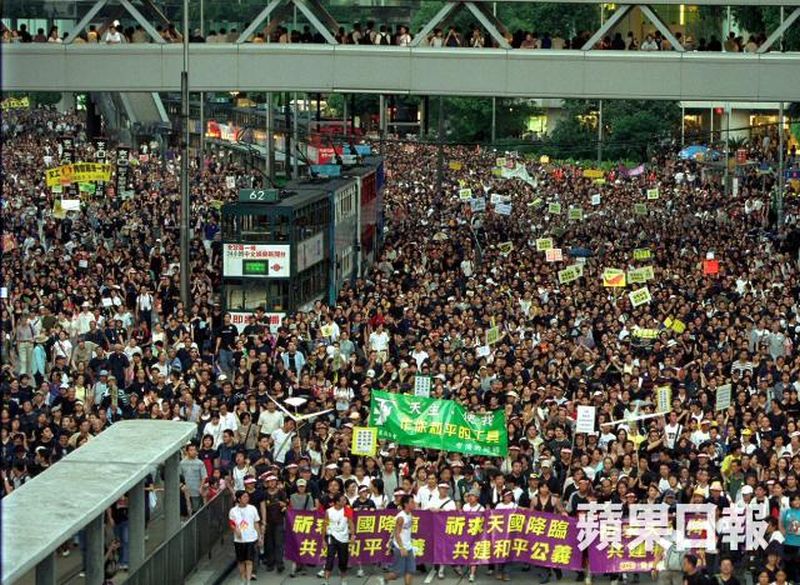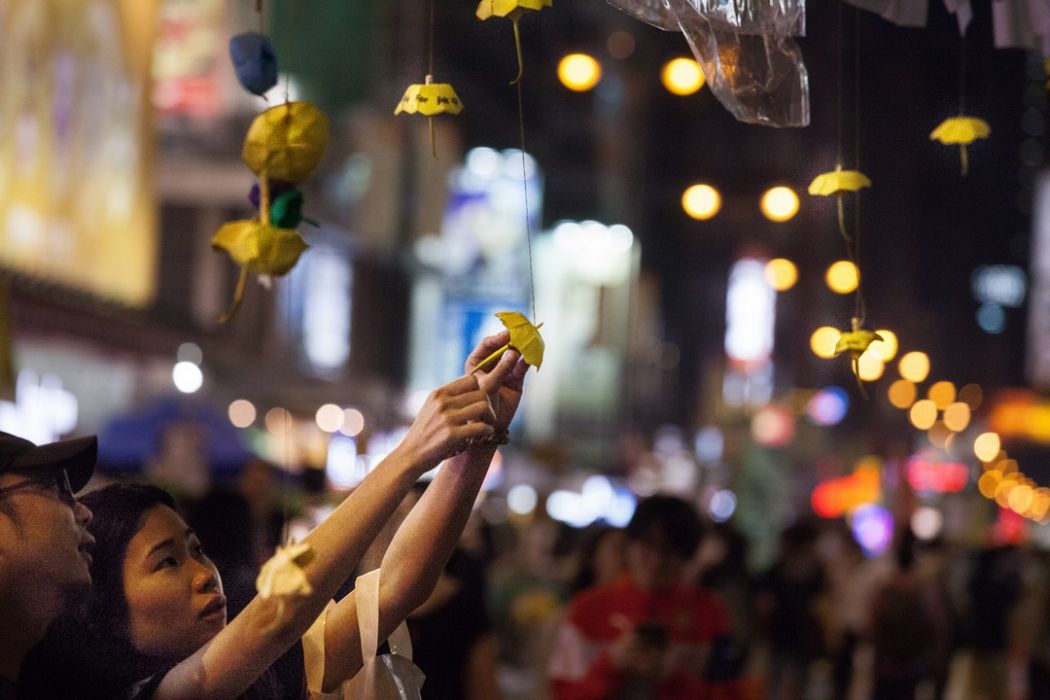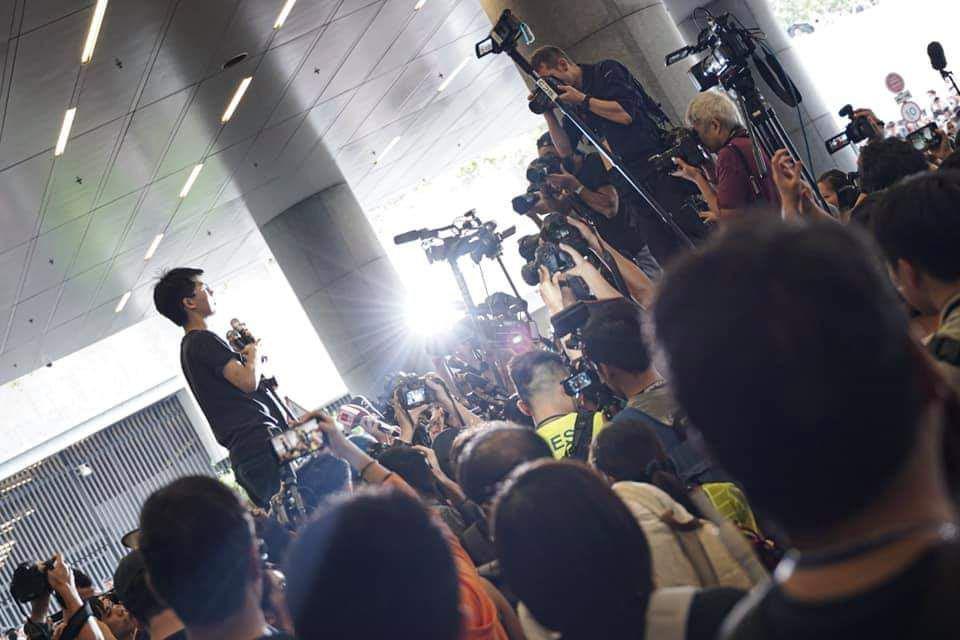Hong Kong protesters have piled the pressure on pro-Beijing leader Carrie Lam with a series of huge demonstrations against a divisive bill to allow extraditions to mainland China.

Hong Kong, a former British colony, was handed back to China in 1997 but benefits from a “One Country, Two Systems” policy that allows it to retain certain key liberties, such as freedom of speech and an independent judiciary, until 2047.
A push for democratic reforms saw unprecedented street protests in 2014, with demands for change reignited in February this year.

Here is an overview:
2003: National security law
Some half a million people marched against a controversial attempt by the government to introduce a national security law that critics feared would curtail free speech.
The bill, which came after a deadly outbreak of severe acute respiratory syndrome (SARS), was the first mass demonstration movement the city’s pro-Beijing leaders had faced since the handover.

It was eventually shelved, and set in process the resignation of then-chief executive Tung Chee-hwa.
2012: Education protests
Tens of thousands of predominantly young demonstrators, many of them school children, surrounded the city government’s complex for 10 days.
The target of their ire was a government order for schools to teach “Moral and National Education” classes that praised China’s communist and nationalist history while criticising republicanism and democracy movements.

The government abandoned the curriculum and some of the protest leaders, such as then 15-year-old Joshua Wong, went on to become leading democracy advocates.
2014: Umbrella Movement
For two months in late 2014, tens of thousands of protesters paralysed parts of the city with mass student-led demonstrations and sit-ins to demand democratic reforms including the right to elect the city’s leader.

There were clashes and scenes of violence, which had been rare until then in the semi-autonomous territory, as police used pepper spray and tear gas to break up the demonstrations.
It became known as the Umbrella Movement after some demonstrators used umbrellas to protect themselves.
Police dismantled the main pro-democracy site in December, hauling off a hard core of protesters who vowed that their struggle would continue.
But the movement failed to win any concessions and many of its leaders were imprisoned.
2019: Extradition anger
In February Hong Kong’s government announced plans for a bill that would allow, for the first time, extraditions to mainland China.

The move was prompted by a murder but the opposition and lawyers feared it would tighten Beijing’s grip on civil society and allow it to pursue its political enemies in Hong Kong.
Tens of thousands of people hit Hong Kong’s streets in protest on April 28 in one of the biggest demonstrations since the Umbrella Movement.

It came just days after four prominent democratic leaders were jailed for their role in organising the 2014 protests.
Hong Kong’s government made concessions on May 30, saying the extradition law would only apply to cases involving a potential jail term of at least seven years.
Bill suspended, fresh protests
On June 9, more than one million people, according to organisers, took to the streets in the biggest demonstration since the return to Chinese rule.
The police, who made 19 arrests, put the turnout at 240,000.

On June 12, a scheduled second reading of the controversial bill was delayed after huge crowds rallied, blocking major roads and attempting to storm parliament.
Police used tear gas, pepper spray, rubber bullets and bean bag rounds in the worst clashes since the 1997 handover, leaving nearly 80 people injured.
More than 100 businesses and shops shut down in support of the movement and even Beijing sought to distance itself from the bill.
#Notochinaextradition demonstrators wave their phone lights after occupying Harcourt Road outside gov’t HQ.
? In full: https://t.co/kmLJLFCnSX #hongkong pic.twitter.com/Z7mrRXn2lu
— Hong Kong Free Press (@HongKongFP) June 16, 2019
On June 15, embattled Hong Kong leader Carrie Lam announced that the bill would be suspended, in a major climbdown for her government.
‘Record’ protest, activist freed
Despite Lam’s decision, organisers announced a fresh demonstration would go ahead and people poured into the city’s streets on June 16.

Organisers say two million people marched in the protest, clad in black and calling for the full withdrawal of the bill. Police put the figure at 338,000 people.
On June 17, activist Wong, who became the face of the “Umbrella Movement”, was released after serving half his reduced two-month sentence.
There was no comment from authorities on whether his release was a gesture or simply procedural.
Upon his release, he immediately called for Lam to resign.
The Hong Kong Free Press #PressForFreedom 2019 Funding Drive seeks to raise HK$1.2m to support our non-profit newsroom and dedicated team of multi-media, multi-lingual reporters. HKFP is backed by readers, run by journalists and is immune to political and commercial pressure. This year’s critical fundraiser will provide us with the essential funds to continue our work into next year.

